VERANSA EXPANDS ITS FOOTPRINT WITH NEW ACQUISITION
VERANSA EXPANDS ITS FOOTPRINT WITH NEW ACQUISITION
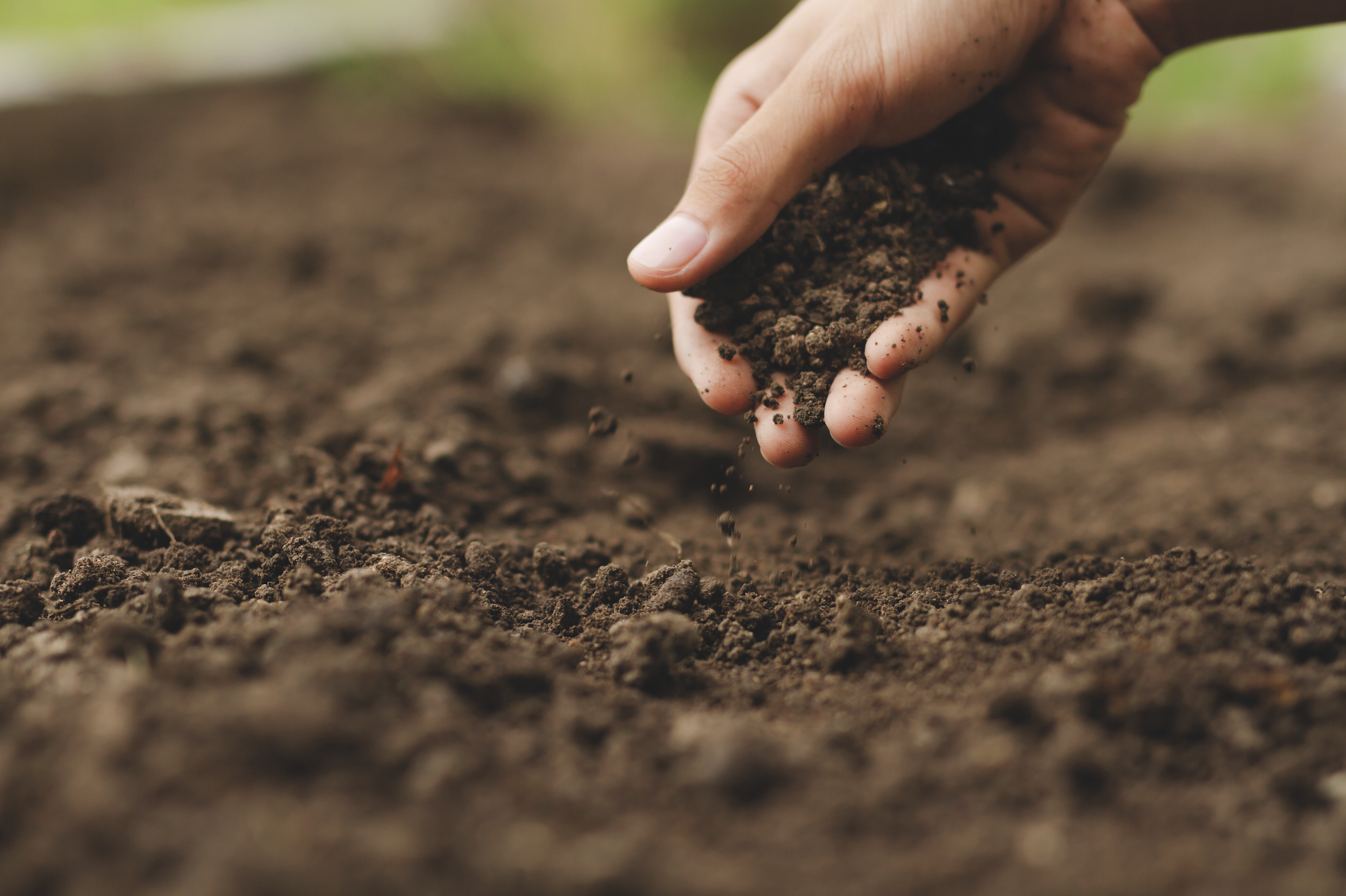
Dr. Anna Paltseva, PhD, Shares What Landscapers
Can Do About Soil Contamination
 All the goodness of food comes from the soil. However, soil in urban and suburban environments can be contaminated due to past industrial activities, lead paint, gasoline emissions and pesticide. Some legacy pollutants like lead, mercury and chromium, stay in the environment for a long time, making their fate and transport unknown. With climate change, more frequent and severe weather events can cause soil erosion as well as a redistribution of contaminants.
All the goodness of food comes from the soil. However, soil in urban and suburban environments can be contaminated due to past industrial activities, lead paint, gasoline emissions and pesticide. Some legacy pollutants like lead, mercury and chromium, stay in the environment for a long time, making their fate and transport unknown. With climate change, more frequent and severe weather events can cause soil erosion as well as a redistribution of contaminants.
With more rainfall, more contaminants may redistribute laterally over larger areas. Present metals in soils may move downward, which might be beneficial for healthy gardening and farming in topsoil but cause an increase of groundwater contaminants. On the other hand, fertilizers and amendments may wash away or leach out more rapidly in farms and gardens resulting in the need for a more frequent application and inability to form stable lead phosphate minerals in soils.
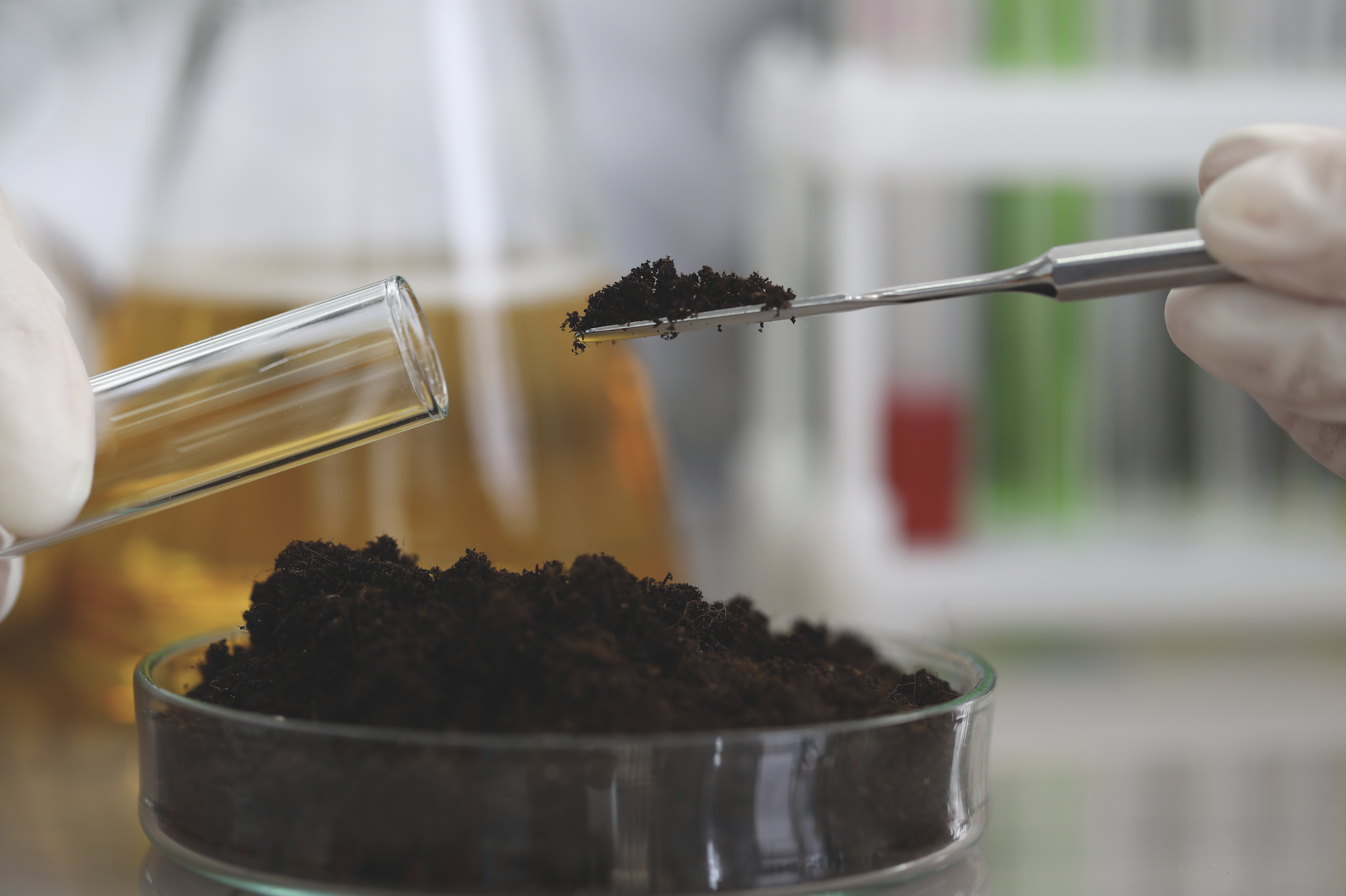
Dr. Howard Mielke, a researcher at Tulane University, found that children’s blood lead levels increase during droughty periods when soil is dry and dusty and decrease when soil is wet, and dust is settled. The effect of soil pollution is an emerging topic that needs further research.
So what a professional landscaper do?
If your job site was built before 1978, is next to a highway, or within one mile of an industry site, it’s a good idea to get the soil tested. Landscape professionals as well as residents need to protect themselves from toxic soil. Homeowners are often unaware of potential risks associated with soil contamination and how to help fix this. But the good news is, there are some simple ways you can help remediate the soil without digging too much into science.
Start with testing the soil. There are multiple labs around the country that measure heavy metals in soil. Here are the University of Louisiana at Lafayette, we are currently building the Delta Urban Soil Lab where anyone can submit soils to find out the pH, organic matter contents, salt levels, heavy metals and texture.
One way to improve soil quality is to use local compost and sediment resources. Compost dilutes contaminants and forms a stable environment to help organic matter bind with lead, making it less harmful for plants and people. You can also build a layer of clean material on top of your current soil. Dr. Mielke took alluvium derived from river sediment deposited in the lower Mississippi River Delta to successfully remediate soil in community gardens and play areas in New Orleans.
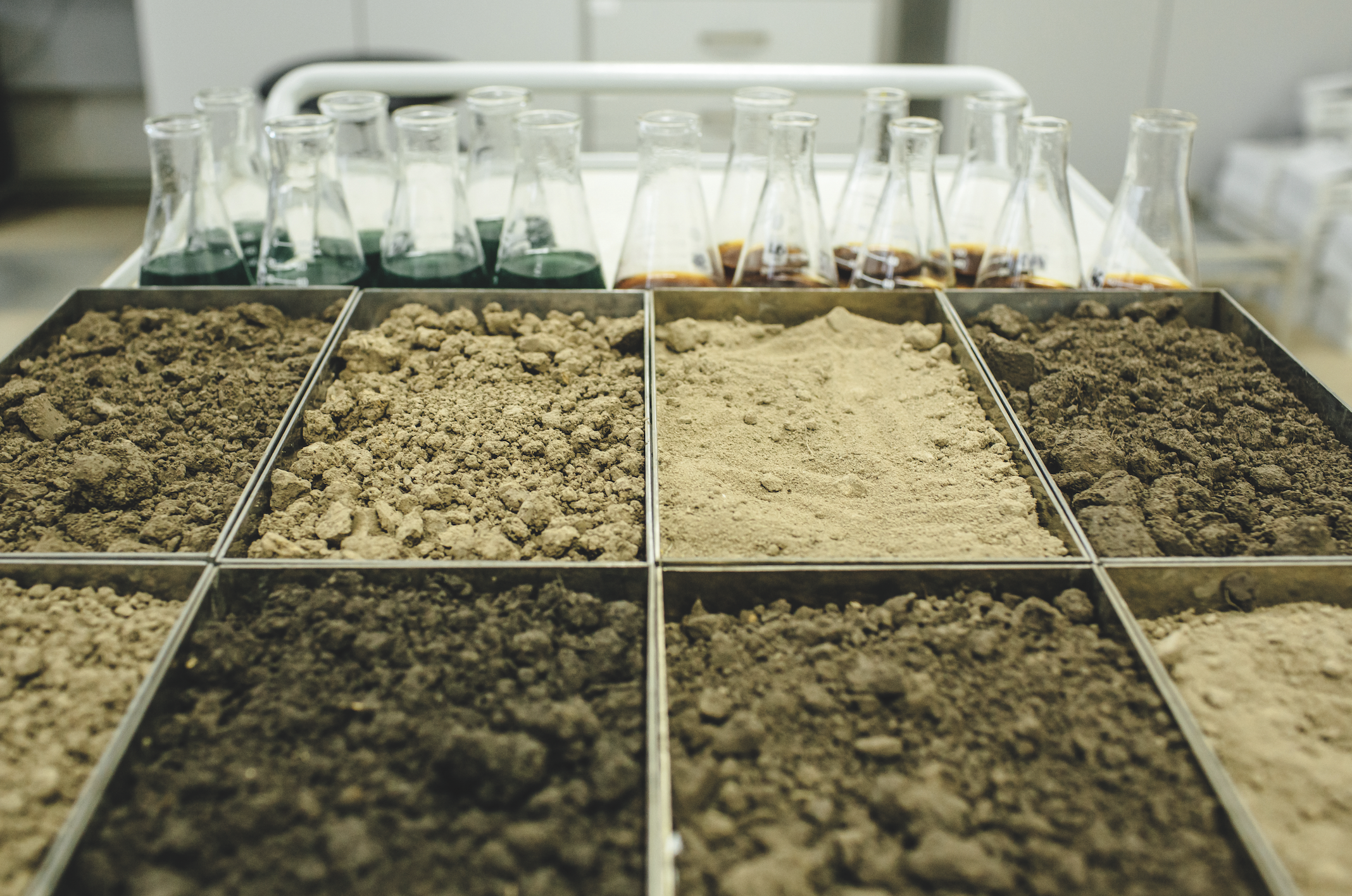
If you think the soil at your job site could be contaminated, you can also build a raised bed for your plantings filled with clean sediment and compost, separated from the contaminated layer by a landscape fabric.
"Any landscape professional can be
their own soil doctor. Test, diagnose & treat
your soil for better, healthier results."
Dr. Anna Paltseva is an international urban soil scientist currently at the University of Louisiana at Lafayette’s School of Geosciences.
Email: deltasoils@louisiana.edu
Want to Learn More About Soil Contamination While Also Earning CEU Credits?
Check out Dr. Anna Paltseva's presentation from our SYNKD Live 2023 event here & earn your credits!
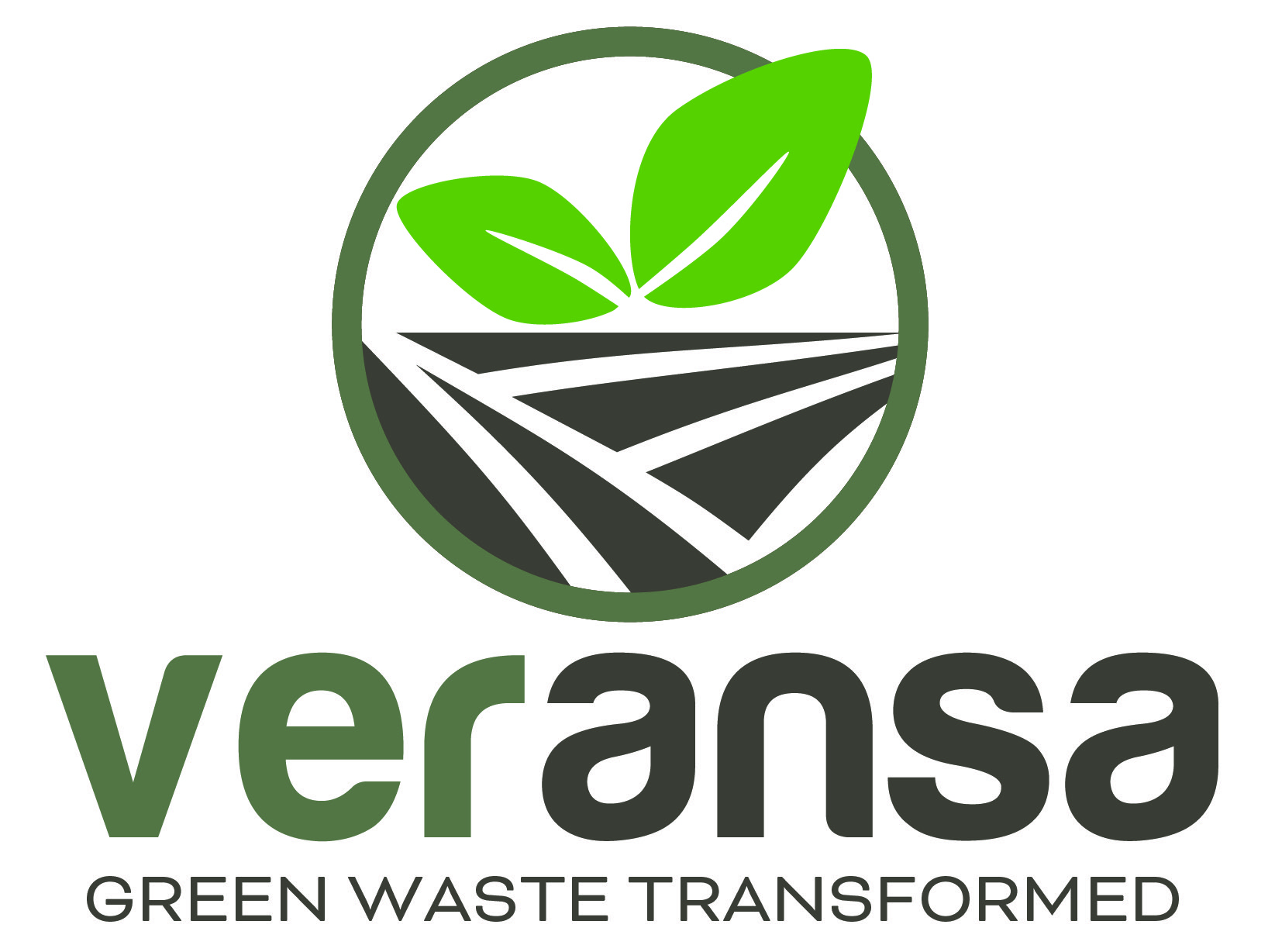
VERANSA EXPANDS ITS FOOTPRINT WITH NEW ACQUISITION
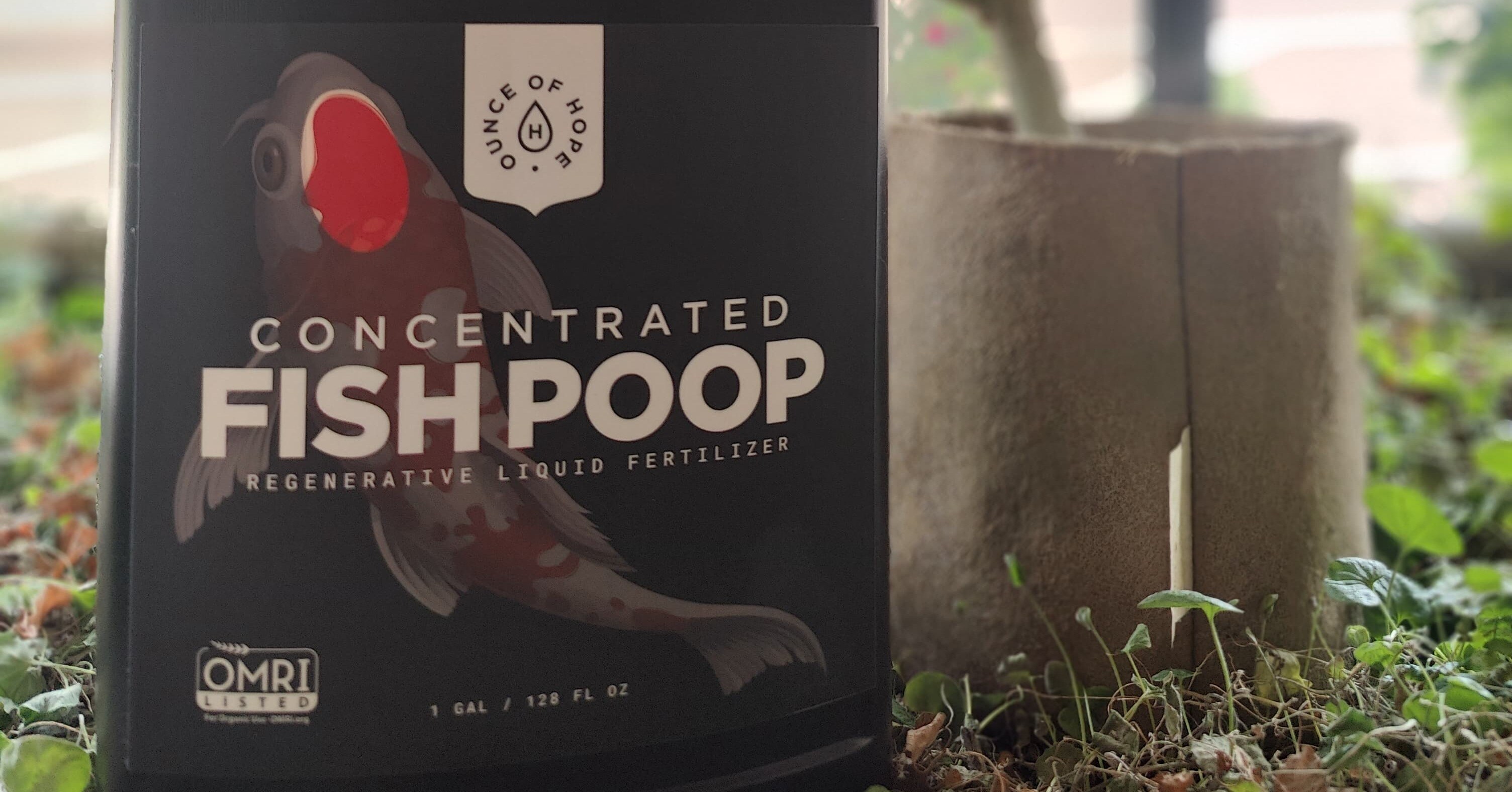
MEMPHIS, Tenn., Oct. 01, 2024 (GLOBE NEWSWIRE) -- Ounce of Hope, AKA Ounce of Hope Farms, LLC andFishpoop.com, was OMRI-certified in June 2024. The...

From Battery-Powered Equipment to Biodegradable pots, Here is a Curated List of Products that are Both Eco-Friendly & Effective